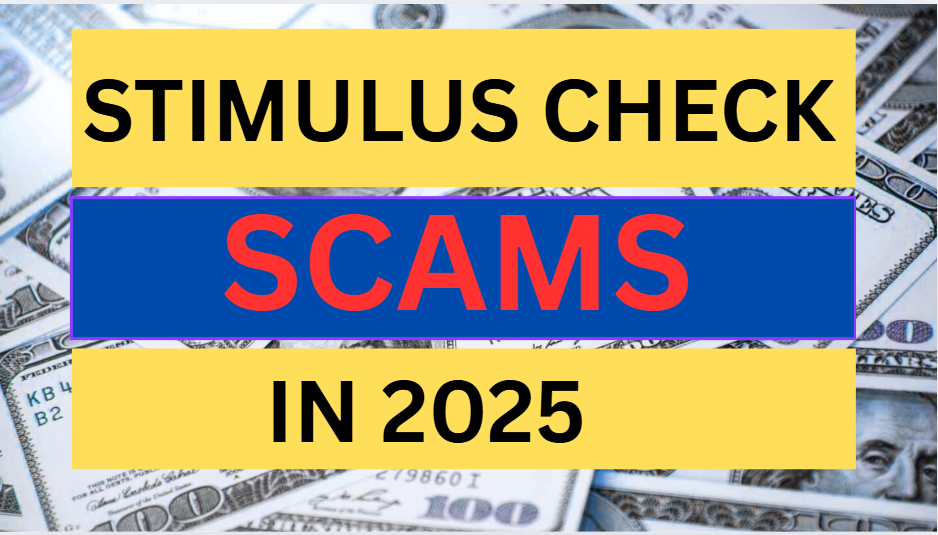In 2025, many people are still hoping for stimulus checks. While some states are sending payments, scammers are also getting smarter. They try to trick people and steal their money or personal details. This article will help you understand the common scams and show you simple ways to stay safe.
What Are Stimulus Scams?
A stimulus scam is when someone pretends to be from the government or IRS and tries to trick you. They may say you need to give personal info or pay a fee to get your stimulus money. These scams can happen through phone calls, emails, texts, or fake websites.
Common Scam Signs to Watch Out For
Here are the most common signs that something might be a scam:
- Asking for your Social Security number or bank info.
- Telling you to pay a fee to receive your stimulus check.
- Calling from fake IRS or government numbers.
- Sending links in emails or texts that lead to fake websites.
- Saying your check is “on hold” unless you act fast.
If someone is rushing you or making you feel scared, it’s a red flag.
How to Protect Your Identity
Protecting your personal information is the best way to stay safe. Here’s how:
- Don’t click on links from unknown emails or texts.
- Never share personal info like your SSN, bank account, or password.
- Use official websites like irs.gov to check your status.
- If you’re unsure, ask a trusted adult or call the IRS directly.
Real vs. Fake Communication
Here’s how to tell real messages from fake ones:
| Real Government Contact | Scam Warning Signs |
|---|---|
| Letters by mail only | Phone calls or texts asking for info |
| Official IRS website | Fake websites with odd names |
| No payment needed | They ask you to send money first |
The IRS or government will never call or text asking for money or personal details.
What to Do If You Get Scammed
If you think you’ve been scammed:
- Stop all contact with the scammer.
- Report it to the FTC or local police.
- Change your passwords and bank info if needed.
- Freeze your credit with credit bureaus to protect from future harm.
Smart Tips to Stay Safe in 2025
- Use two-step login for online accounts.
- Set up bank alerts to catch strange activity fast.
- Talk to your family about online safety.
- Always ask: “Is this too good to be true?” If yes, it probably is.
In 2025, while many are waiting for stimulus checks, scammers are also waiting—for a chance to steal from you. But you can stay safe by being careful. Don’t click on strange links, never give personal details to random callers, and always use official websites. If something feels wrong, stop and check first. Protect your identity, protect your money, and help others do the same. Staying alert and informed is your best defense against scams.
